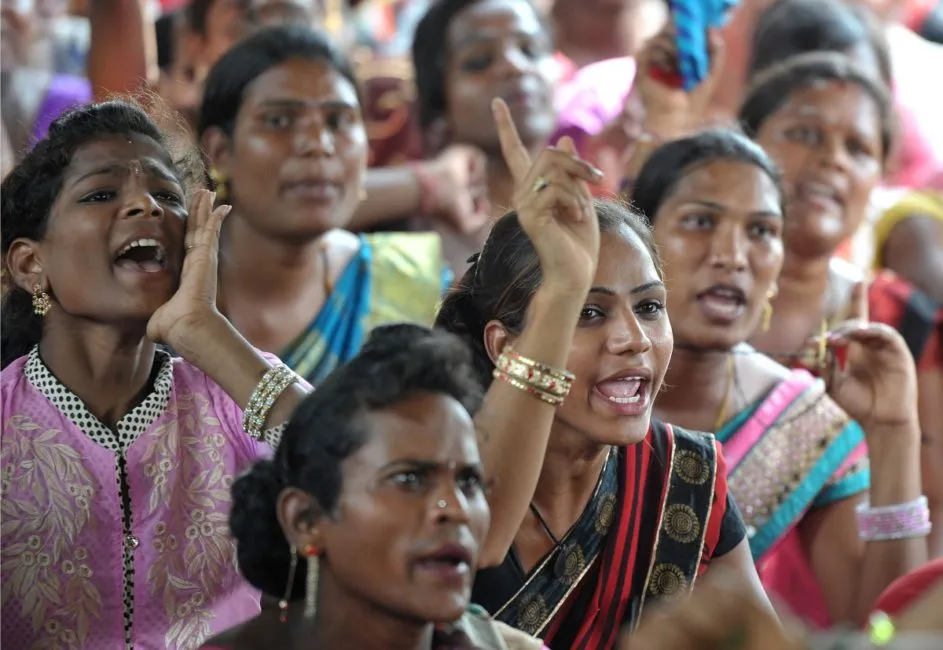More than 300 Human Rights Activists were Killed in 2019, with 100 in Colombia
A total of 304 human rights defenders in 31 countries were killed in 2019 as space for those defending LGBT+ rights “remains extremely constrained”, a new report has revealed.
The report by Front Line Defenders (FLD) detailed attacks on activists as they worked to defend the environment, free speech, LGBT+ rights and indigenous lands.
Two thirds of the murders took place in Latin America, with Colombia emerging as the most dangerous country after 103 were killed in the past year. The Philippines was the second deadliest country with 43 killings, followed by Honduras, Brazil and Mexico.
Eighty-five per cent of those killed had previously been threatened, either as an individual or as part of the group or organisation they worked with. The report also details multiple physical assaults, defamation campaigns, digital security threats, judicial harassment and gender-based attacks.
“2019 was characterised by waves of public uprisings of remarkable magnitude in each of the world regions, demanding changes to how people were governed,” it reads.
Activists were specifically targeted in nearly all the countries which experienced mass protests, and the periods before, during and after elections were the most dangerous time for those fighting for human rights.
Transgender activists are especially vulnerable due to their heightened visibility, coupled with limited or entire lack of protections. Out of threats reported by LGBT+ activists who received support, 46 per cent were faced by defenders who identify as trans or non-binary.

“The fact that the security of HRDs is inextricably linked to those in power, starkly highlights how human rights have failed to be institutionalised and continue to be seen as a gift that rulers have the discretion to bestow,” the report observes.
Although the FLD acknowledges “significant gains” in LGBT+ rights, such as in Botswana, Angola and Taiwan, it found that backlash from existing and new anti-rights and conservative actors had doubled while increasing the level of sophistication in their tactics.
For example, in May the Kenyan High Court upheld the country’s law criminalising gay sex, with the government justifying it as an “effective method to contain the country’s HIV epidemic”.
And in India, a bill ostensibly written to protect transgender rights is in reality “deeply flawed” as it requires a proof of gender confirmation surgery, and gives the state the discretion to decide on the final evaluation of a request to change legal gender.